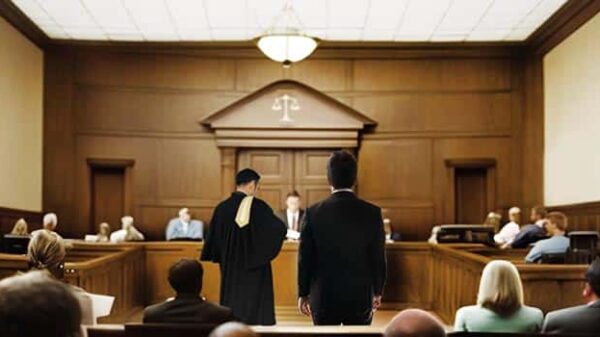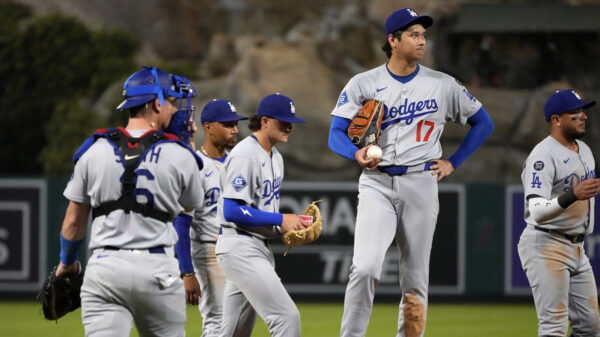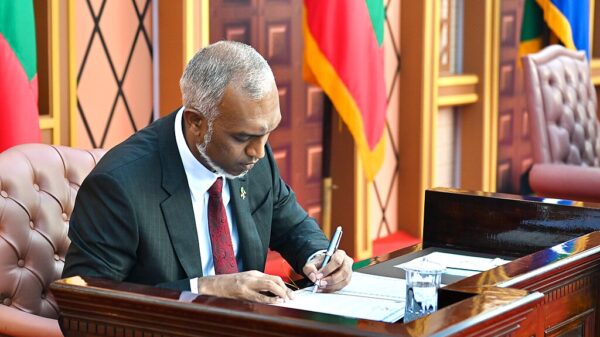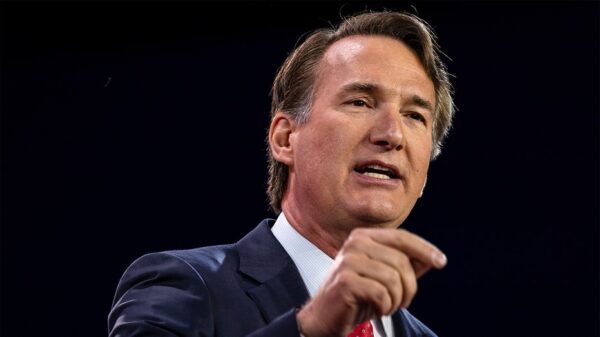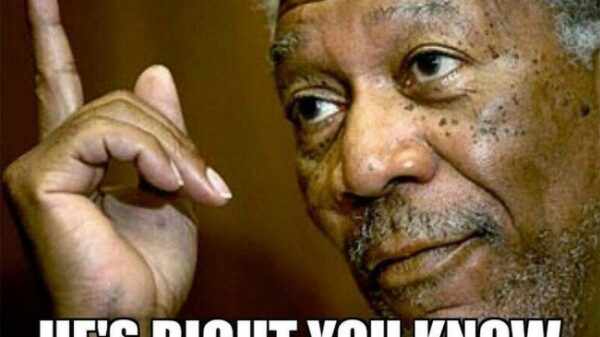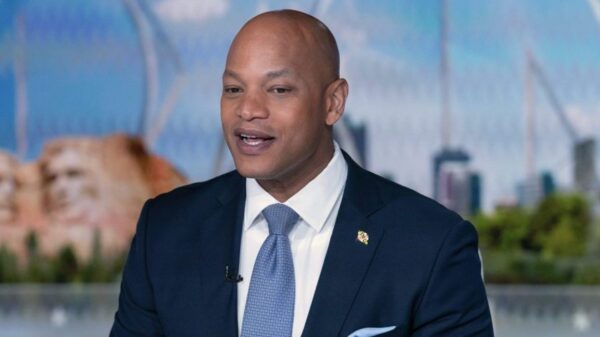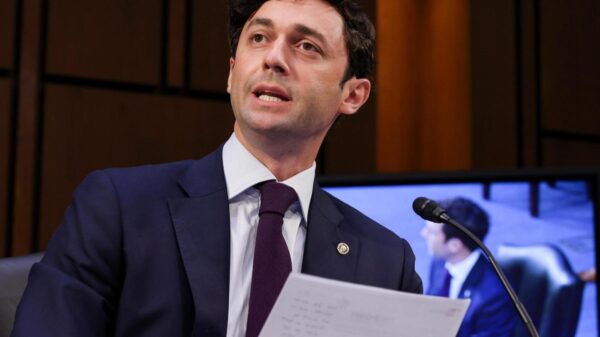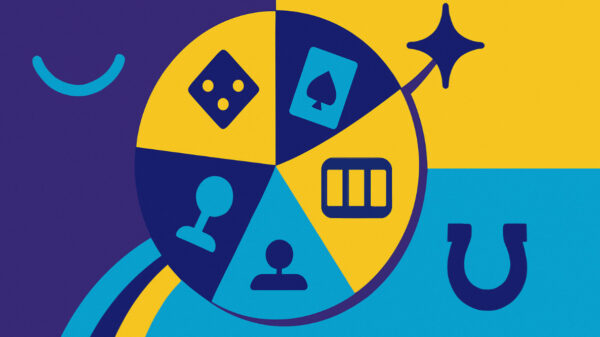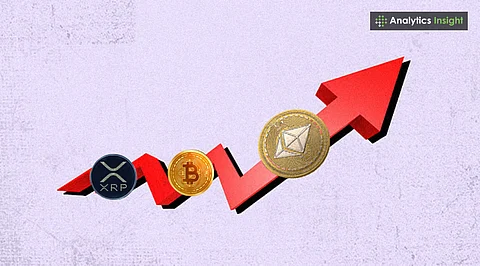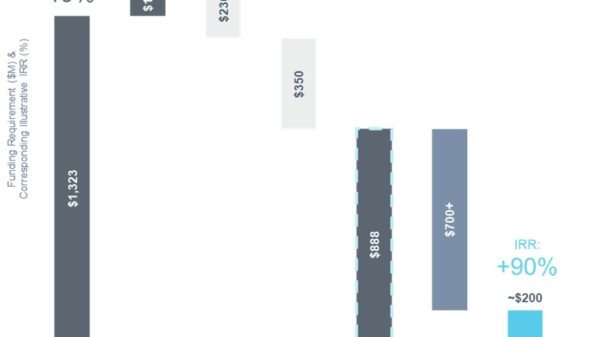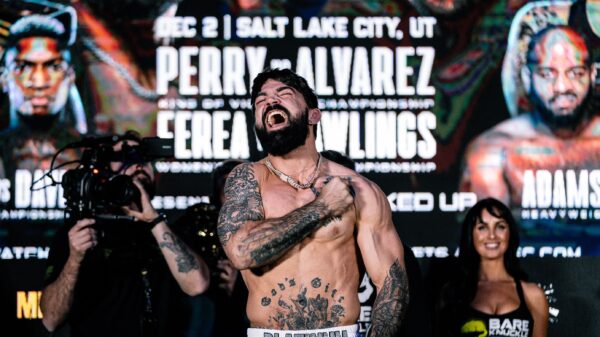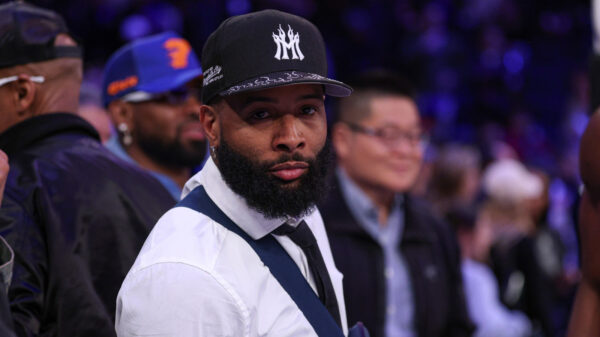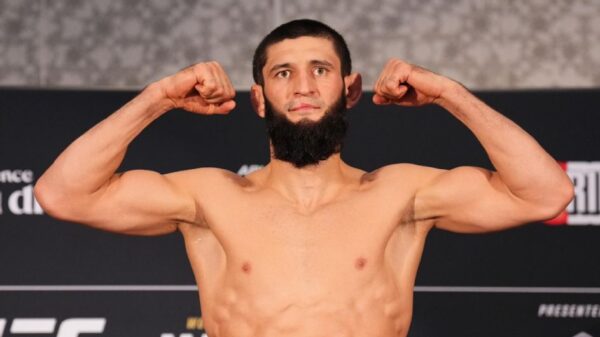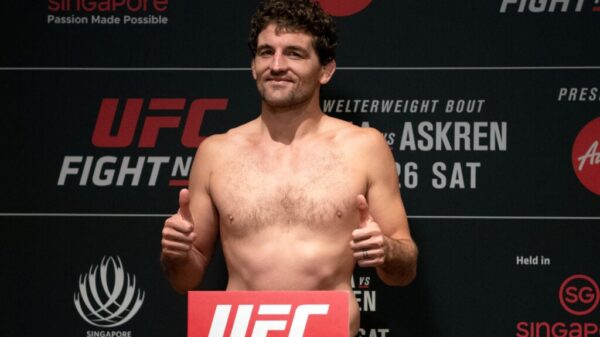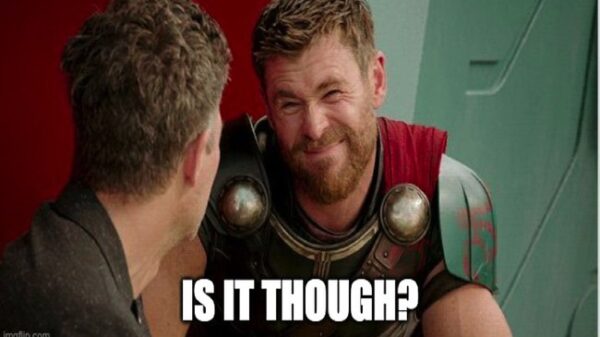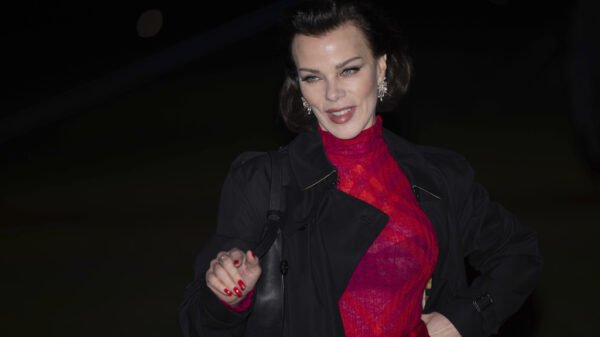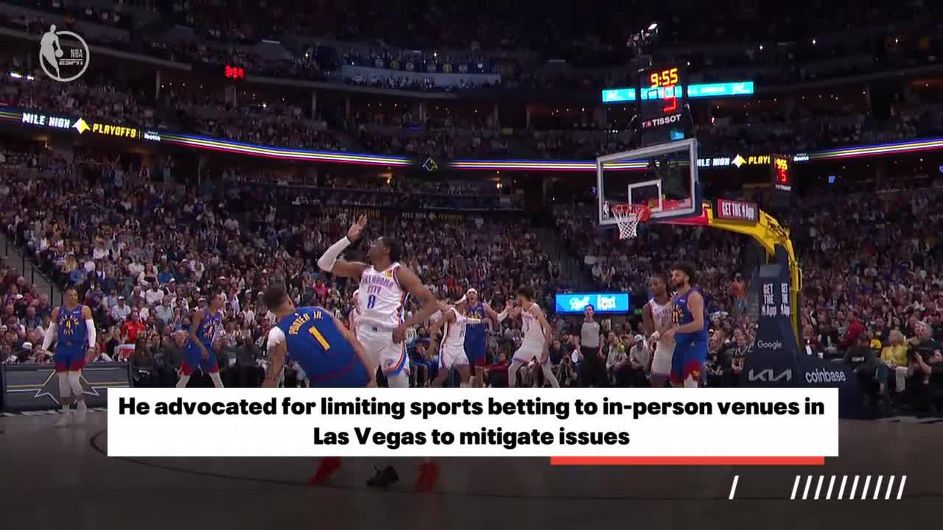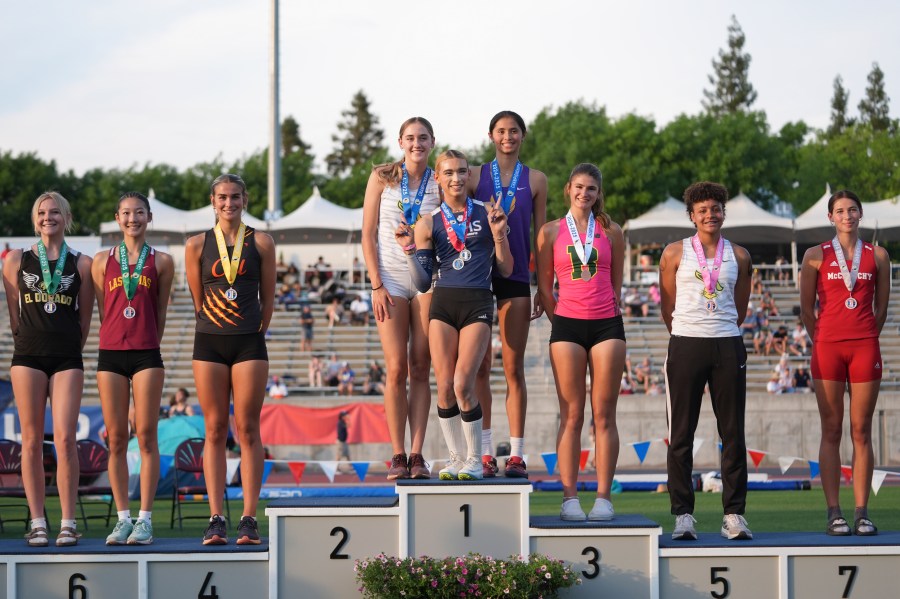UPDATE: Michael Porter Jr. has voiced urgent concerns over the rising influence of sports betting, stating it is damaging the integrity and enjoyment of basketball. During an appearance on the “One Night with Steiny” podcast this week, Porter declared, “The enjoyment of the game isn’t for the game anymore. It’s so that people can make money.”
Porter, who was traded to the Brooklyn Nets this offseason, emphasized that the situation is deteriorating. He added that the reality of sports betting is grim, noting, “In reality, way more people are losing money than making money.” His comments come in the wake of his younger brother, Jontay Porter, being banned from the NBA in 2024 due to his involvement in a gambling scheme.
In July 2024, Jontay admitted in court to intentionally removing himself from two games during the 2023-24 season to help associates who had bet against his performance. He revealed that the scheme was orchestrated to pay off gambling debts, raising alarms about the pressure players face in a betting-centric culture.
Michael Porter Jr. reflected on his brother’s struggles during the podcast, acknowledging how players from disadvantaged backgrounds might succumb to gambling temptations. He stated, “Think about it, if you could get all your homies rich by telling them, ‘Yo, bet $10,000 on my under this one game. I’m going to act like I’ve got an injury.’”
Porter further explained the predicaments players encounter with bettors, highlighting the constant stress of meeting betting expectations. “We really do get death threats,” he revealed, expressing fears about the potential for violence from enraged gamblers. His comments underscore the growing anxiety among athletes as legal sports betting proliferates across the United States.
He argues for a drastic change in sports betting regulations, advocating that it should only be permitted in-person and restricted to Las Vegas. “The whole sports gambling entity … it’s bad and it’s only going to get worse,” Porter concluded, echoing the sentiments of many concerned about the future of sports amidst the betting boom.
As this story develops, fans and players alike are urged to consider the implications of sports betting on the integrity of the game and the well-being of athletes. The discussion around this pressing issue is far from over, with Porter’s insights likely to resonate as the sports community grapples with the changing landscape of gambling.


